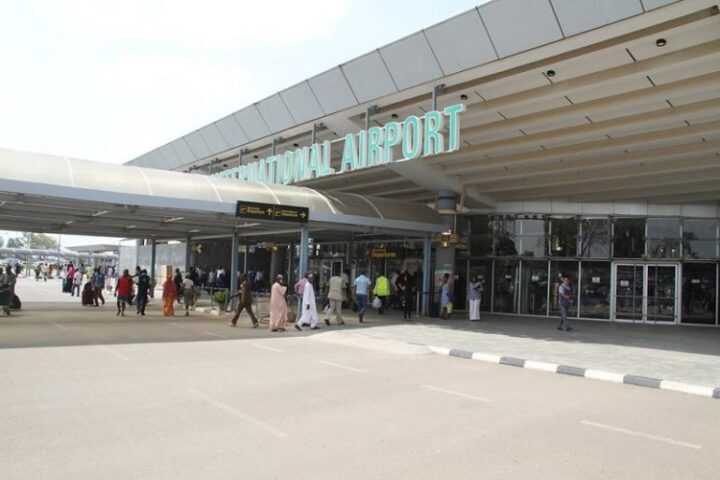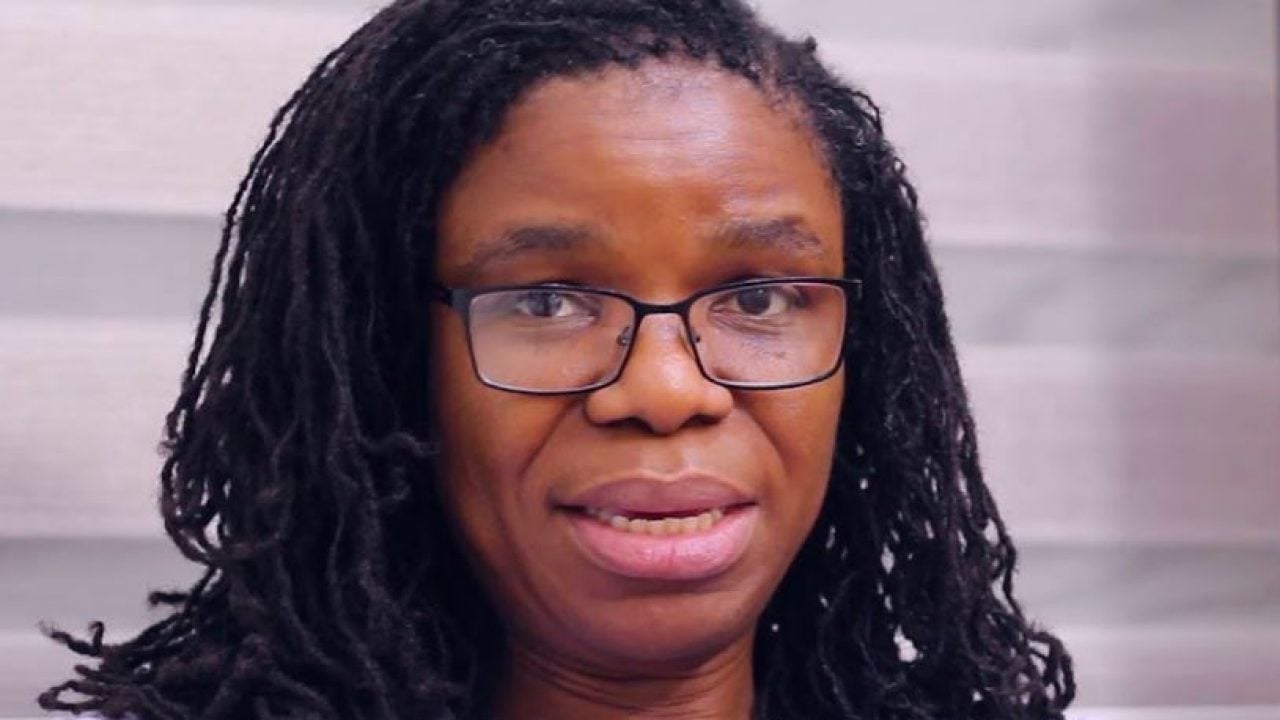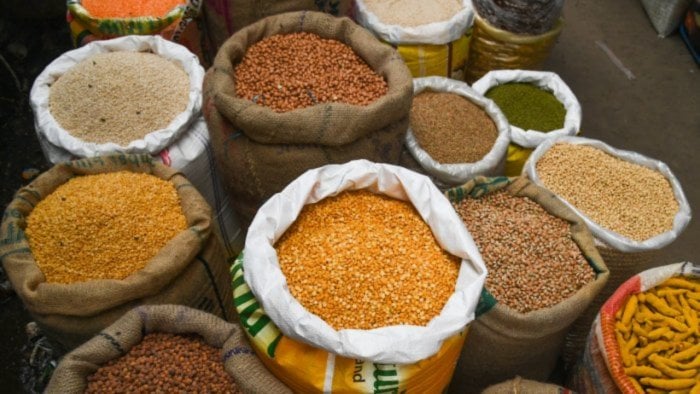The Food and Agriculture Organisation (FAO) says global food trade system must be kept open and agricultural food must not be taxed.
Qu Dongyu, director-general, FAO, said this on Wednesday while speaking at the ‘Mediterranean Dialogue on Food Crisis’ in Rome.
He said as part of the ongoing international efforts to address growing concerns over global food security linked to the war in Ukraine, food exports must be unrestricted and not taxed.
He added that restrictions on the export of foodstuffs must not be considered especially for countries with short supply, adding that food insecurity and high prices could become a trigger for instability.
Advertisement
“We must keep the global food trade system open and ensure that agri-food exports are not restricted or taxed,” he said.
According to him, the Mediterranean Sea region includes 22 countries on three continents, many of which rely on cereal imports from Ukraine to feed their population.
“Most countries in the region had shown an increasing food import trend to meet domestic consumption needs even prior to the war in Ukraine,” he said.
Advertisement
“Today, the current global situation is very complicated.”
He said since the war began, exports of millions of tonnes of wheat, cereals, and vegetable oil from the country’s Sea ports have been cut off since the Russian invasion on February 24.
Qu also added that the war has prompted targeted international sanctions on Russia which have distorted the distribution of its own substantial agricultural output and fertilisers which farmers rely on around the world.
“To counter these challenges, countries in the Mediterranean should work together to mitigate food security risks,” he said.
Advertisement
“The increase in energy and fertiliser prices is putting at risk the next harvest globally.”
Qu, however, added that the lack of access to fertiliser and fuel represented “a particular risk for countries where low natural soil fertility means that chemical fertiliser is often essential for food production.”
Add a comment






